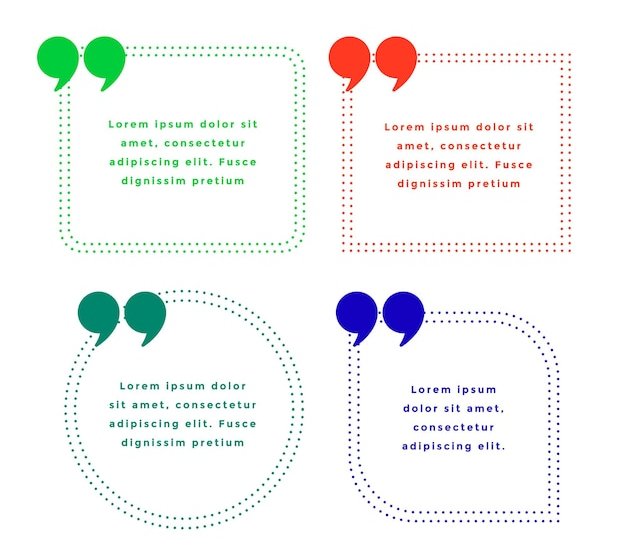Fascinating Facts about Eating Disorders
Eating disorders can affect anyone, regardless of their gender, age, or background.
Anorexia nervosa has one of the highest mortality rates of any psychiatric disorder.
Eating disorders are not just about food, but also about control, self-esteem, and emotional wellbeing.
Eating disorders are mental illnesses that require professional treatment.
Eating disorders often coexist with other mental health disorders, such as depression and anxiety.
Body image distortion is a common characteristic of many eating disorders.
Eating disorders can lead to serious physical health consequences, such as heart problems and osteoporosis.
Binge eating disorder is the most common eating disorder in the United States.
Eating disorders are not a choice, but rather a complex interplay of genetic, environmental, and psychological factors.
Eating disorders can be triggered by traumatic events, societal pressure, or perfectionism.
Males can also struggle with eating disorders, although they are often underreported.
Eating disorders can affect a person’s interpersonal relationships and social functioning.
Treatment for eating disorders typically involves a multidisciplinary approach, including therapy, nutrition counseling, and medical monitoring.
Recovery from an eating disorder is possible with appropriate support and treatment.
Eating disorders are not a phase or a fad; they are serious mental health conditions.
Fascinating Facts about Eating Disorders part 2
Family and friends play a crucial role in supporting individuals with eating disorders.
Diet culture and unrealistic beauty standards contribute to the development of eating disorders.
Effective prevention programs can help reduce the risk of developing an eating disorder.
Media literacy and promoting positive body image can be powerful tools in preventing eating disorders.
Eating disorders can manifest in different ways, such as restrictive eating, compulsive exercise, or purging behaviors.
People with eating disorders are not just seeking attention; they are in need of help and understanding.
Recovery from an eating disorder takes time and patience; it is not a linear journey.
Stigma surrounding eating disorders can prevent individuals from seeking help.
Early intervention is crucial in minimizing the long-term effects of eating disorders.
Eating disorders can impact a person’s fertility and reproductive health.
Body shaming and fatphobia can contribute to the development and perpetuation of eating disorders.
Eating disorders are not about willpower or self-control; they are complex mental health conditions.
Eating disorders affect individuals of all sizes, not just those who appear thin or underweight.
Society’s obsession with diets can be triggering and harmful for individuals with or at risk of developing eating disorders.
Asking someone about their eating disorder is not appropriate; it is important to approach the topic with sensitivity and empathy.
Eating disorders are not a trend or a lifestyle choice; they have serious physical and psychological consequences.
Education and awareness about eating disorders are crucial in reducing stigma and promoting understanding.
Seeking professional help is a sign of strength, not weakness, for individuals with eating disorders.
Dieting behaviors can increase the risk of developing an eating disorder.
Recovery from an eating disorder requires reestablishing a healthy and balanced relationship with food.
Social media can exacerbate body dissatisfaction and contribute to the development of eating disorders.
Support groups and peer counseling can be valuable resources for individuals with eating disorders.
Eating disorders often stem from a deep-seated dissatisfaction with oneself, beyond just appearance.
Individuals with eating disorders often have a distorted perception of their body, known as body dysmorphia.
Eating disorders can impact a person’s ability to concentrate, leading to cognitive challenges.
Eating disorders can cause severe malnutrition, resulting in hair loss, weakened immune system, and organ damage.
Families should be involved in the treatment process to provide support and learn effective strategies to help their loved ones recover.
Individuals with eating disorders may experience intense guilt or shame surrounding their eating behaviors.
Eating disorders can be triggered by trauma, including sexual abuse or significant life changes.
Recovery from an eating disorder is a journey of self-discovery, self-acceptance, and learning to prioritize physical and mental health.

